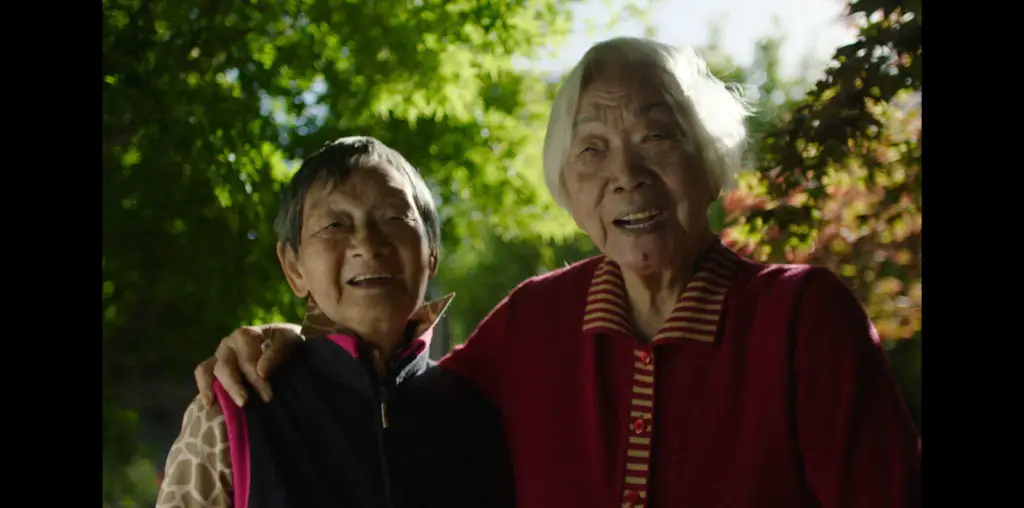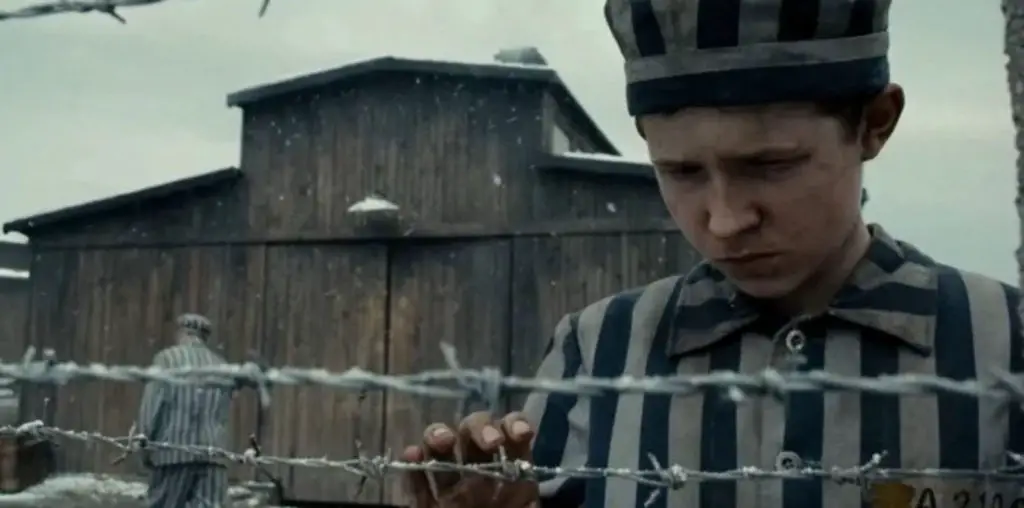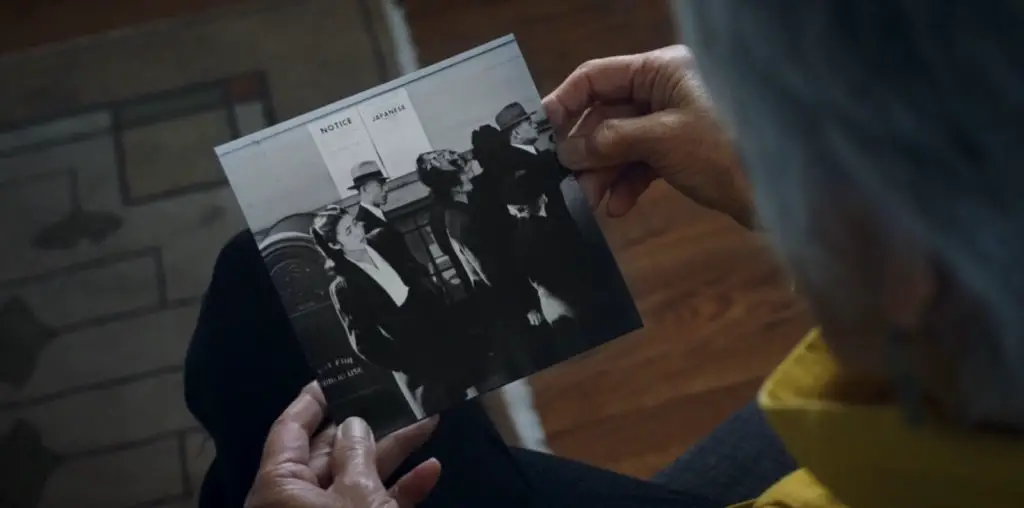
The hands of time stop for no one. This is a stark reality that we must all come to terms with at one point or another. Ralph Arlyck’s documentary I Like It Here deals with death and aging in a deeply personal way by showing what he, at almost 80, his family, and his friends are going through in old age. The film starts by displaying the filmmaker’s beautiful countryside home and large rural landscape in Dutchess County, New York. It’s the perfect place for him to enjoy a more serene life, one that he fell in love with as a child and never grew out of. He would live there for an eternity if he could, hence part of the title’s meaning.
We meet the cast of characters in Arlyck’s life, such as neighbor Ernie, a thinly frail Hungarian. He lives off the grid and takes shelter in Arlyck’s home when it gets too cold to live in his shed. He reconnects with people from his past, such as his first romantic relationship, Linda, who now has a husband whose health is failing. All of this is culled together from both old and new footage. Since the director has been a documentary filmmaker for most of his life, the man has filmed and still films almost everything (much to his wife and doctor’s chagrin). The audience gets text onscreen or a voiceover throughout the 88-minute runtime about certain people who died shortly after they were filmed. It comes as a matter of fact rather than a eulogy of any type.
One particularly difficult scene is when Arlyck talks to a friend named Jack about the suicide of Jack’s daughter. Jack still keeps her childhood lunch pail and a picture of her on the wall as they bring him comfort. It’s her missing presence that brings him despair. The documentarian then asks his pal about how he used to think about old people when he was younger and how that perception has changed over time. Jack thought that they were “irrelevant, curious and quaint, (and) never had sex. I didn’t see them as people.” Just by watching the way that our society treats the elderly, I think that many young people share Jack’s previous perception.
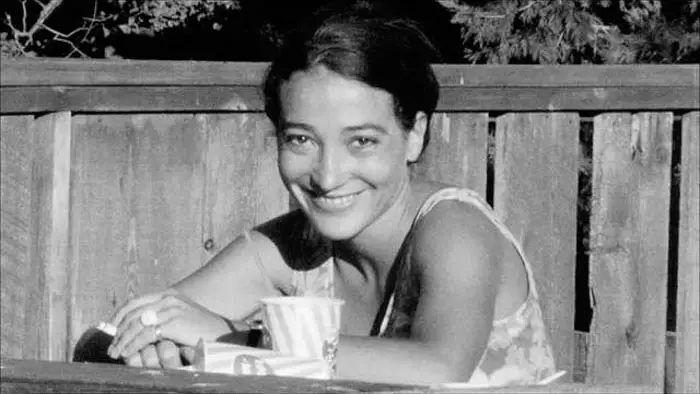
“…show[s] what he, at almost 80, his family, and his friends are going through in old age.”
I Like It Here examines why that is a downer because there is so much wisdom to be gained from and respect to be given to people who have lived a full life. “The Greatest Generation” made it through the Great Depression and World War II, and, therefore, they are full of life advice. An outstanding short film titled Nai Nai & Wài Pó (Grandma & Grandma) is an excellent reminder of this point as well.
All of this film is to say that life goes by too quickly. You’re young and full of life one day, and as Arlyck notes, the next dawn, you’re in some old folks’ home with a silly name and your kids telling you what to do and taking your privileges away. That’s if you’re not already dead yet. Unless you suffer from severe depression like Jack’s daughter or an agonizing ailment, I think we all share Arlyck’s sentiment that we want to stay alive on this Earth for as long as we can.
I Like It Here is quite personal and contemplative but not overly sentimental. My only criticism of this skilled director is that I wanted to feel even more emotion from it because death and aging are such a sensitive topic that lends themselves to those feelings. As it is, anything that forces you (in a pleasant way with interesting people) to take a long look at your life, love, and the ultimate ending to one’s story is a good thing in my book.
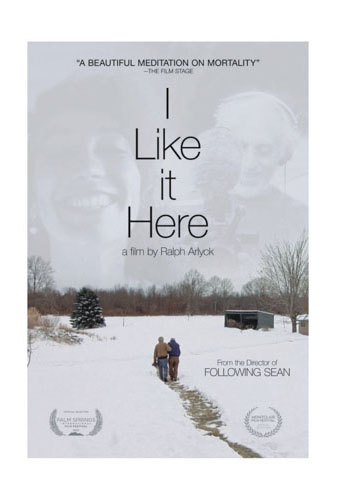
"…personal and contemplative but not overly sentimental."
